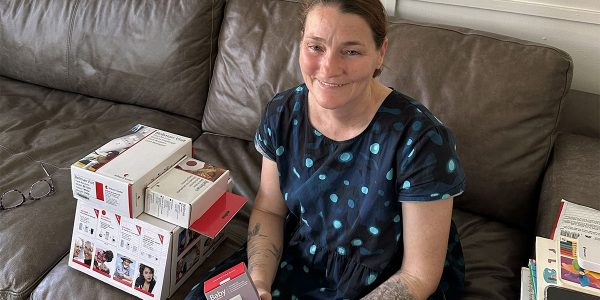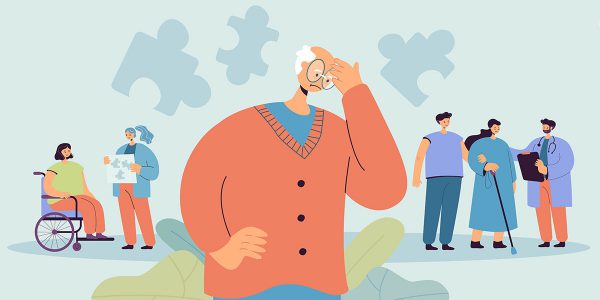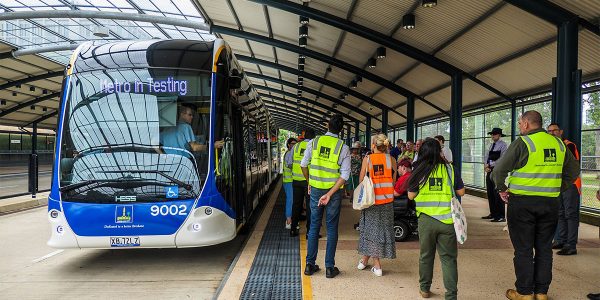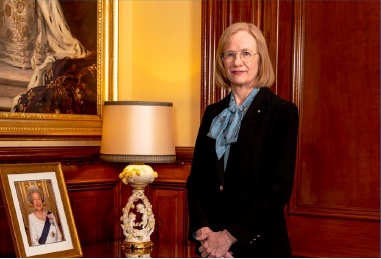Reforms of the Queensland Transport Standards – have your say at a public consultation event

Registrations for upcoming public consultations events for Stage 2 Reforms of the Disability Standards for Accessible Public Transport 2002 are now open.
People with disability, their families and carers, advocacy groups, the transport industry and government are invited to provide feedback on the proposed Stage 2 Reform options through upcoming public consultation events held from 17 June to mid-July 2022.
There are several opportunities to get involved, including webinars, online community workshops and online written discussion boards.
- Online survey available at infrastructure.gov.au/TransportAccessibility
- In writing or by video or audio recording via email to DisabilityTransport@infrastructure.gov.au
- By telephone (free call) on 1800 621 372
- Taking part in one of the public consultations held across the country from 15 March to 9 August 2022
Further information about the events including registration details can be viewed on the Stage 2 Reforms – Public Consultations webpage: www.infrastructure.gov.au/transport-accessibility-consultations.
Consultation Regulation Impact Statement
The Stage 2 Consultation Regulation Impact Statement (RIS) includes policy options for 54 areas of reform.
A summary of the Consultation RIS is available in Auslan video format below.
Background
Access to public transport is critical for people to fully participate in the community and the economy. It enables people to travel to work or study, connects them to family, friends and their community and provides access to services such as healthcare and education. One in 6 people aged 15 years and over with disability have difficulty using public transport.
The challenges people with disability may face when using public transport can include:
- lack of access to physical infrastructure
- difficulty in accessing information suitable to their needs
- challenges with safely navigating a successful public transport journey.
The Disability Standards for Accessible Public Transport 2002 (Transport Standards) provide certainty to providers and operators of public transport services about their responsibilities under the Disability Discrimination Act 1992 DDA.
The Standards are in place to ensure a person with disability is afforded equitable access, service and safety levels, and to remove discrimination.
The Australian Government is modernising the Transport Standards to make sure they are effective and meet the needs of people across Australia.
Stage 2 of this process includes 54 reform areas, detailed in 61 chapters in the Consultation Regulation Impact Statement (RIS) for public consultation. All feedback provided during the public consultation will inform a Decision RIS which will be considered by Transport Ministers.





